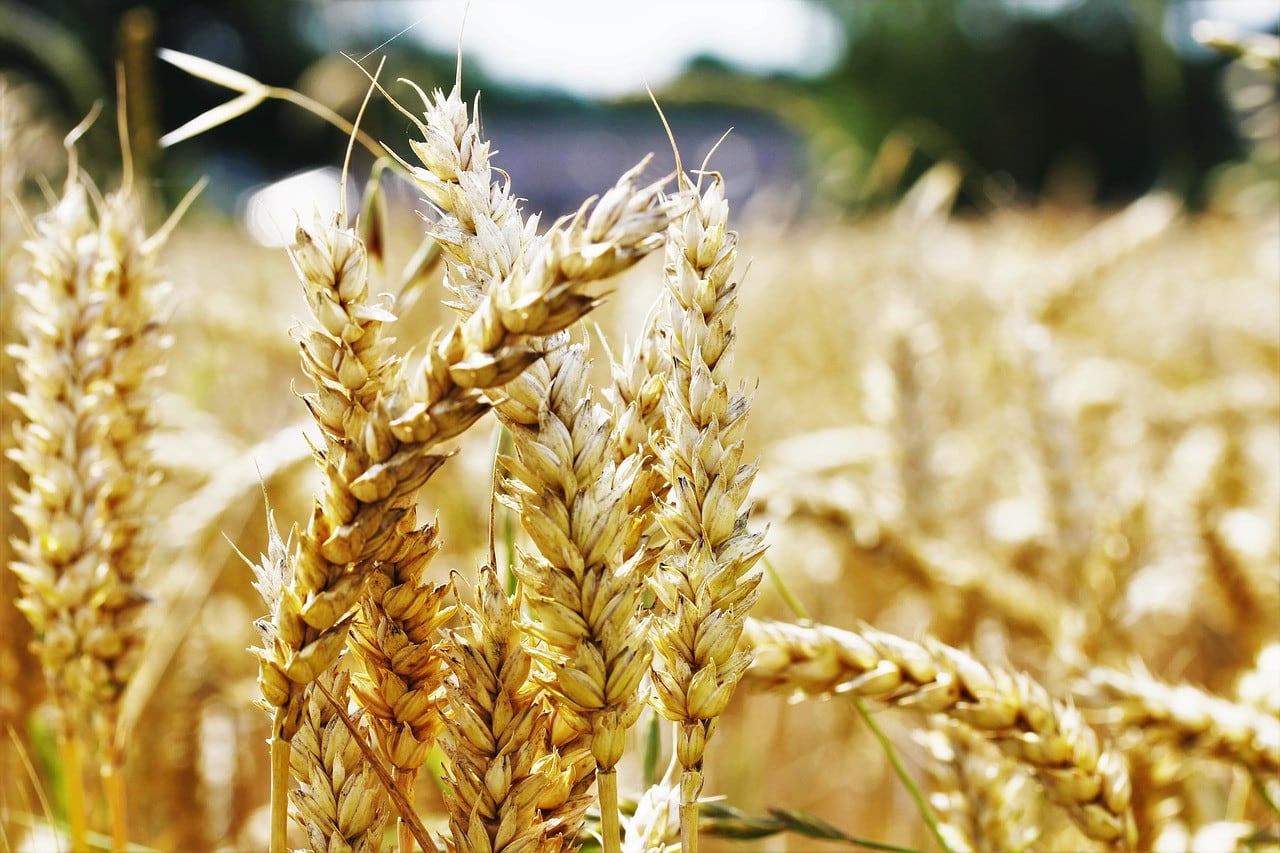Lebanese farmers accelerate harvest amid border tensions

Farmers in southern Lebanon are hastening their wheat harvest this year due to increasing border tensions between Hezbollah and Israel. The region, known for its agricultural productivity, faces a new challenge as farmers rush to collect crops amidst the fear of conflict escalation.
Majed Abdallah, a local farmer from the village of Khiam, shared his concerns about the lack of protection during this critical period. “Wheat here is equivalent to the soul,” Abdallah explained, highlighting the harvest’s essential nature to the community’s livelihood. Despite requests for assistance from Lebanese governmental forces, farmers like Abdallah have not received the support they hoped for.
The typical wheat harvest season in Lebanon starts in June. However, this year, farmers are forced to begin earlier to avoid the potential destruction from conflict-related fires. The change in routine has led to increased costs as farmers like Ahmed Al-Mohammad from Al-Wazzani village shift from traditional sickle harvesting to more expensive automatic harvesters to speed up the process.
Saud Al-Zahran, another farmer from the village of Wadi Khansa, observed a drastic reduction in wheat cultivation. Traditionally managing around 1,000 dunums, Al-Zahran has reduced his cultivation to only 100 dunums this year, citing ongoing conflict and labor shortages as primary reasons.
Ibrahim Tarshishi, head of the Farmers’ Association in Lebanon’s Bekaa region, noted a significant drop in wheat production. From an annual yield of about 10,000 tons from the border area, projections estimate only 2,000 tons this year. The decline underscores the severe impact of the border tensions on agricultural outputs.
In response to these challenges, Lebanese Agriculture Minister Abbas Hajj Hassan announced that the ministry is drafting plans to support wheat cultivation. The strategy includes distributing essential agricultural inputs such as wheat seeds, fertilizer, and pesticides, alongside financial aid to help farmers across various regions withstand the current challenges.
This situation follows an escalation on October 8, 2023, when Hezbollah launched rockets towards Israel, aligning with Hamas’s attacks the previous day. Israel retaliated with heavy artillery towards southeastern Lebanon, further heightening the tensions and the risks for local farmers.



